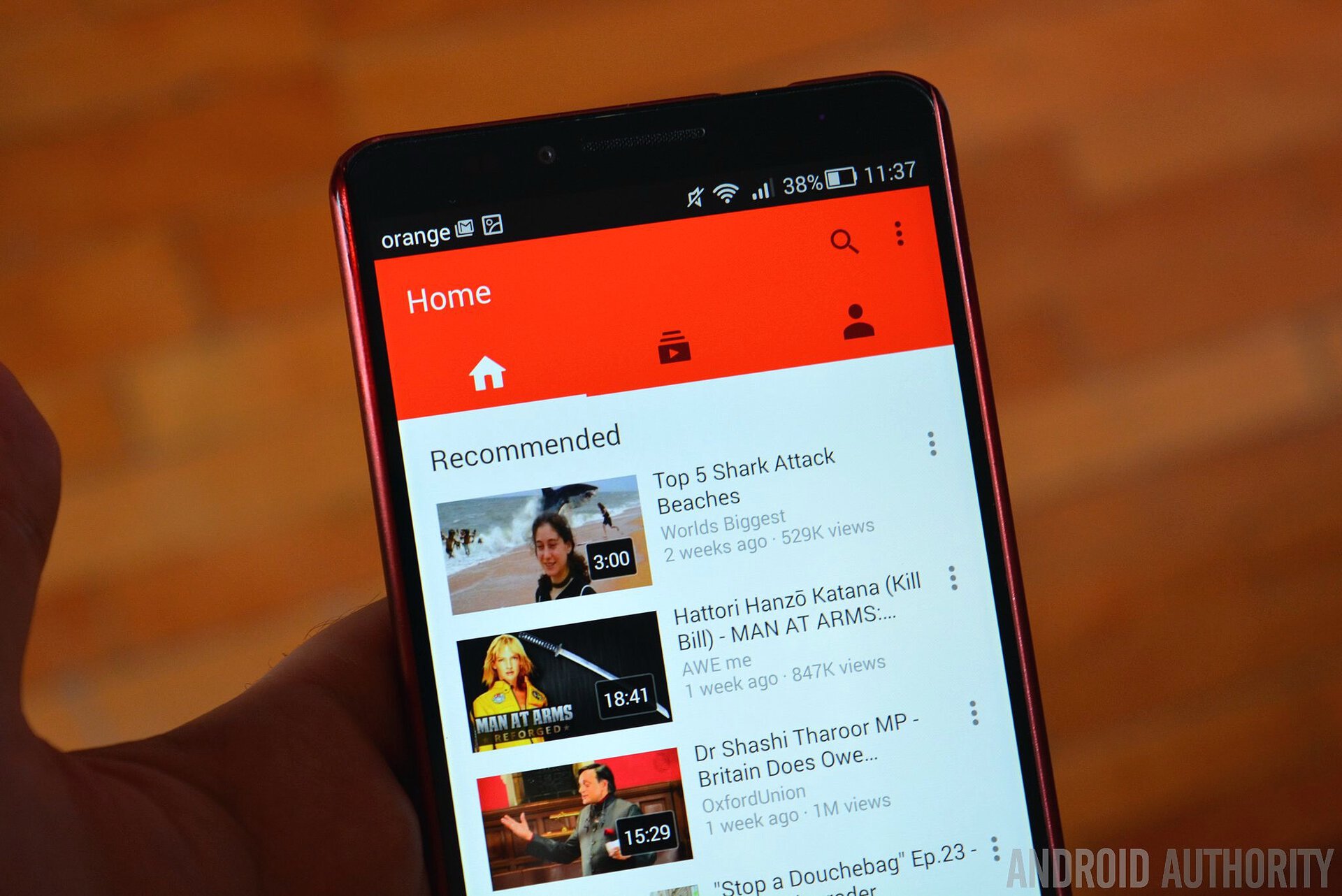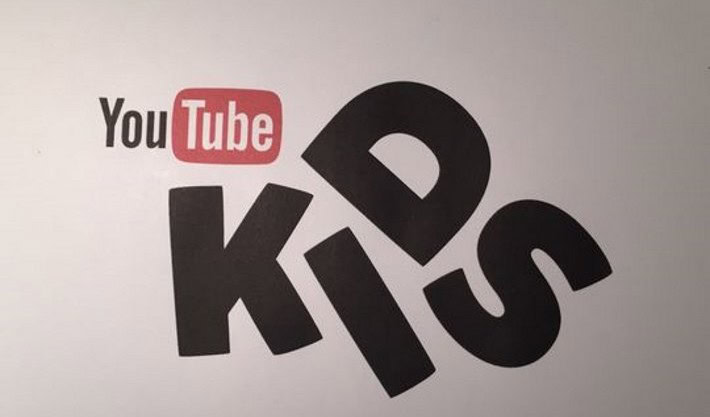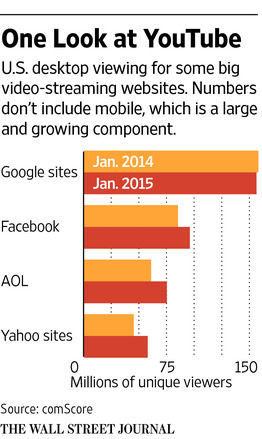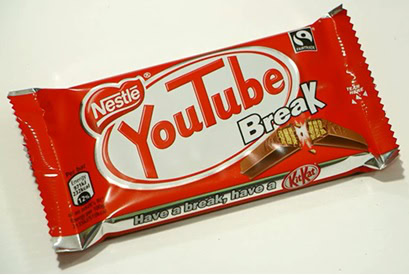Affiliate links on Android Authority may earn us a commission. Learn more.
Report: A major change in YouTube is about to arrive, with paywall in-tow

YouTube is firmly embedded in the internet culture as a type of defacto new television network. With over a billion subscribers, the Google-owned website is host to an untold amount of user generated content as well as more professional projects, and even major movie and music features. The media monolith is, and has always been, free of charge. In more recent times, advertising has popped up in various places with the most notifiable being that which precedes the video(s) you want to watch.
The Verge is reporting that multiple sources have revealed Google is going to be fundamentally altering the way that content is presented on YouTube. One is a formal roll-out of Music Key, a subscription-based service that entered beta testing last year, and a second service that pertains to “premium content creators.” As The Verge puts it, “taken together, YouTube will be a mix of free, ad-supported content and premium videos that sit behind a paywall.” and quotes an unnamed music industry source as describing it as “strange on top of strange.”
There seems to be a bit of mixed sentiment with respect to Music Key, as some appear worried that Google’s lack of pushing Google Play Music will be carried over to YouTube, and thus recording artists and the corporations that represent them may very well end up getting less than they bargained for.
In examining the other service, The Verge notes that “the unnamed subscription service is aimed at YouTube’s most popular creators and their audiences, and will offer ad-free videos and the ability to save videos offline, as well as access to premium content behind a paywall” with the rather ominous follow-up that “if all goes well, there may be more category-specific subscription services on the platform…[such as] subscriptions targeted at children’s programming or gamers in the future.”
The road paved with good intentions
Personally, I have grown quite tired of the endless, relentless multitude of advertising that graces the likes of videos I watch, many of which aren’t even “premium content” at that. While I can deal with some pre-advertising nonsense, the ones that don’t allow you to skip and last 20+ seconds truly grate after the third or forth one in a single sitting.

Likewise, even some longer videos now have “sponsored breaks” where the stream is arbitrarily paused and interrupted with a “word from our sponsors” (so to speak) and then the video resumes; it is absolutely nonsensical in the times when this happens just seconds before the video finishes. And of course, all this on top of whatever in-video advertising the actual content creator places.
YouTube didn’t always use to be this way. Once upon a time, the content that was being created totally devoid of this sponsored advertising, and you could watch your content in comfort. Of course as Google seeks to increase its profitability, a popular service like this becomes a great target for testing out a terrific business model. While it’s great that these new paid products might allow for greater revenue for those creating them in the first place, ultimately the one who really wins big is -as always- Google.
Profit picture
While the advertising element and now potential paywall may seem as an affront to the free model YouTube has employed for years now, it’s important to consider that it’s not actually making a profit. According to a story from The Wall Street Journal earlier this year:
The online-video unit posted revenue of about $4 billion in 2014, up from $3 billion a year earlier, according to two people familiar with its financials, as advertiser-friendly moves enticed some big brands to spend more. But while YouTube accounted for about 6% of Google’s overall sales last year, it didn’t contribute to earnings. After paying for content, and the equipment to deliver speedy videos, YouTube’s bottom line is 'roughly break-even,' according to a person with knowledge of the figure.
Suffice to say, running an operation like YouTube is hardly a low-cost proposition. The sheer costs related to infrastructure such as servers, bandwidth, maintenance, and salaries comes into play. So too, does the actual money Google has to pay out to the content creators themselves; some are earning millions upon millions. And just think of what kind of bandwidth is needed should several dozen million people be watching any given Psy video simultaneously. Then of course, there is the whole matter of Google itself wanting to make a profit.

As the above graphic indicates however, 2015 has seen a small decrease in YouTube streaming, whereas Facebook has garnished quite a boost. (Note however this graph specifically mentions desktop viewing experiences however).
On the fence or taking up offense?
Suffice to say that these changes are set to introduce some major polarization into the way YouTube works and the way that users and viewers, in turn, use it. While Google clearly has the most ubiquitous video viewing site on the internet now, there is always an opportunity for someone to come and steal its thunder.

Personally, I would be more than willing to pay a flat fee (as much as $9.99 per month) for the sole ability to watch all content absolutely free of the relentless advertising onslaught that accompanies it. Perhaps I’m in the minority here, but having lived through the transitional period of the early days of commercial internet in 1993 to that what exists now, I’d certainly part with a pay-off if it meant being able to enjoy things as they once were so long ago.
What do you think? Is the potential for a payment-based YouTube a great idea? Do you think it is a sign of what Google has become? Will it spur an upstart rival to possibly dethrone it? Leave us your comments below!